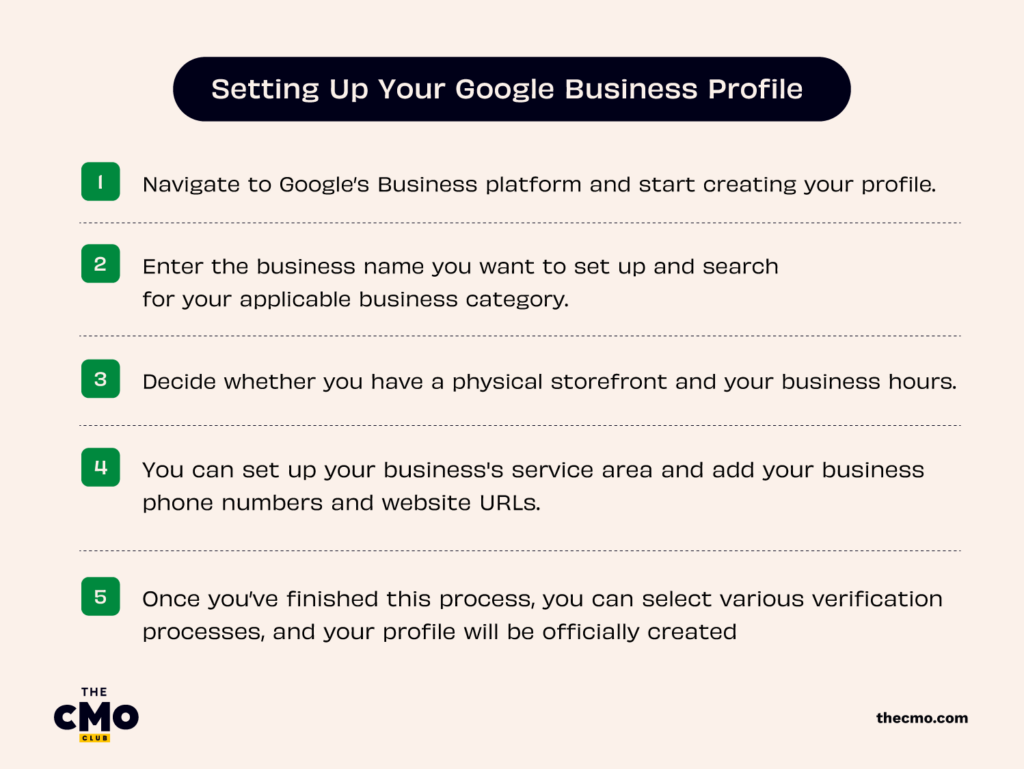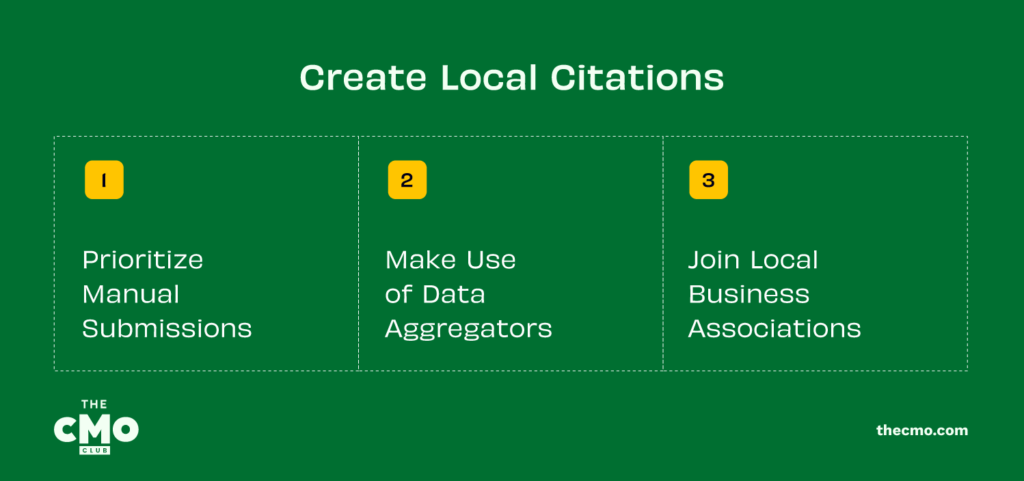An effective local SEO strategy can be a powerful way for organizations to boost their online referral traffic and generate new leads cost-effectively. However, not all businesses take advantage of the tools available to them to improve the visibility of their local presence online.
When running a business that depends on local market support, it’s critical to use local SEO to get more people to see and hear about your products and services.
Competition can be extensive in various industries, and the cost of advertising in print and online can be hard for many businesses to sustain long-term, especially if they are new to the area and don’t yet have an established reputation.
So, how can you position your business for better visibility and search ranking while helping to keep your budgets intact? We’ve outlined three key components you’ll want to have to give yourself an edge in your local marketing initiatives.
1. Google Business Profile Optimization
When creating an online presence for your local business, you must ensure you’re attracting the right audience. Establishing a Google Business profile is a significant first step to making this happen.
A Google Business profile means Google can index your website for local search results for customers looking up specific services in your area. This includes making your office or retail business accessible on Google Maps and listing your horse of operation and customer reviews.
The great thing about establishing a Google Business profile is that it’s free and easy to do.
Setting Up Your Google Business Profile

If you haven’t already established your business profiles, follow the simple steps below:
- Navigate to Google’s Business platform and start creating your profile.
- Enter the business name you want to set up and search for your applicable business category.
- Decide whether you have a physical storefront and your business hours.
- You can set up your business's service area and add your business phone numbers and website URLs.
- Once you’ve finished this process, you can select various verification processes, and your profile will be officially created.
Best Practices When Managing Your Profile
After you’ve created your business profile, you’ll need to optimize it to get the best results for your local SEO efforts. Here are a few tips to get the most out of your Google Business profile:
- NAP Consistency: Google looks for NAP, an acronym for name, address, and phone number, online to verify the accuracy of the business information provided. So, it’s crucial to maintain NAP consistency and accuracy in your Google Business profile and other online locations.
- High-Quality Visuals: Upload professional-quality photos or videos to your profile. These can showcase the various products you sell, your office building, or your team, making your business more personable and engaging for potential customers.
- Regular Updates: When ranking your website in local search results, Google looks at how often you update your business profile. Because of this, it’s important to share news about your organizations, list relevant product promotions, and discuss events through your profile feed regularly.
2. Create Local Citations
Citations are essential to have when trying to improve your local SEO. They are represented by online mentions of your business’s name or details on other websites or directories. These citations help search engines verify the accuracy of your business information when serving up-to-date local results for their users.

Businesses can focus on creating more citations online to help provide the information to search engines. However, there are a few strategies you’ll want to apply when building them:
- Prioritize Manual Submissions: You’ll want to take the time to research various business directions and submit your business details. This approach ensures that the information provided is accurate and up-to-date, especially if you decide to move business addresses or change your contact details.
- Make Use of Data Aggregators - Data aggregators available online are a great way to distribute your information to a more extensive network of business directors. However, while this can be a time-saving option, you’ll want to ensure that all of the citations are accurate once posted online.
- Join Local Business Associations: Joining local chambers of commerce and certain business associates is a great way to promote your business while gaining valuable citations. This is also a great place to start networking and could open up the doors to creating mutually beneficial partnerships with other organizations.
3. Optimize For Local On-Page SEO
On-page SEO is an invaluable component for helping to establish your business's relevancy in local search results in Google. While optimizing your website SEO isn’t the only way to attract more eyes to your business, it can make it much more likely that potential customers stumble upon your organization first when making specific search queries.
Below are some foundational elements you can put into place to help improve your website visibility:
Keyword Research
Conducting careful keyword research related to your business niche and target customers can help you identify popular search terms that local customers use to find products or services in their area.
You can use various free and paid tools to help better understand search volumes associated with certain keywords and how competitive they will be to rank for.
Here’s a shortlist of the very best SEO tools along with what I have found each does best:
On-Page Optimization
How you configure your website’s layout, navigation elements, and keyword placement can affect its performance in search engines. You’ll want to incorporate localized keywords, including terms mentioning specific states or counties, into your website content and meta title and description tags.
Be careful not to spam your website with these keywords, as it could come across to Google that you’re trying to manipulate search results, and your website could be penalized.
Content Creation
Focus your attention on building high-quality, helpful content for your website visitors. This can include blog posts, information about local events, or guides specifically targeted around areas your business is local to.
This helps signal to search engines that your website is highly relevant to specific geographic areas, which will help you have a more local search presence when serving its results pages.
Mobile Optimization
Considering that most local online searches are done on mobile devices, it is essential to ensure that your website design is responsive and can properly display on various screen sizes.
This improves the user experience and is another important ranking variable Google uses when deciding which websites it prioritizes when providing search results to users.
Local Business Schema
Schema markup has become an essential element for businesses to use to improve their visibility and click-through rates on search engines. It uses structured data that search engine algorithms can more easily interpret. This leads to much more engaging search results that use rich snippets, which provide more details about a website, brand, or content before a user clicks a link.
Implementing local business schema markup can greatly increase potential leads for the business to look more professional online.
Get More Leads for Your Local Business
Local SEO is an ongoing process, so it’s important to be patient and persistent in your efforts. However, by implementing the tactics discussed and consistently monitoring your progress, you can quickly boost your local search visibility, attract more customers, and achieve long-term success in your local market.
Join For More Marketing Strategy Insights
Ready for more SEO strategy insights? Join The CMO newsletter to stay in the loop. You’ll get the latest tips, SEO course recommendations, resources, and guides from our community of seasoned marketing leaders straight to your inbox.


